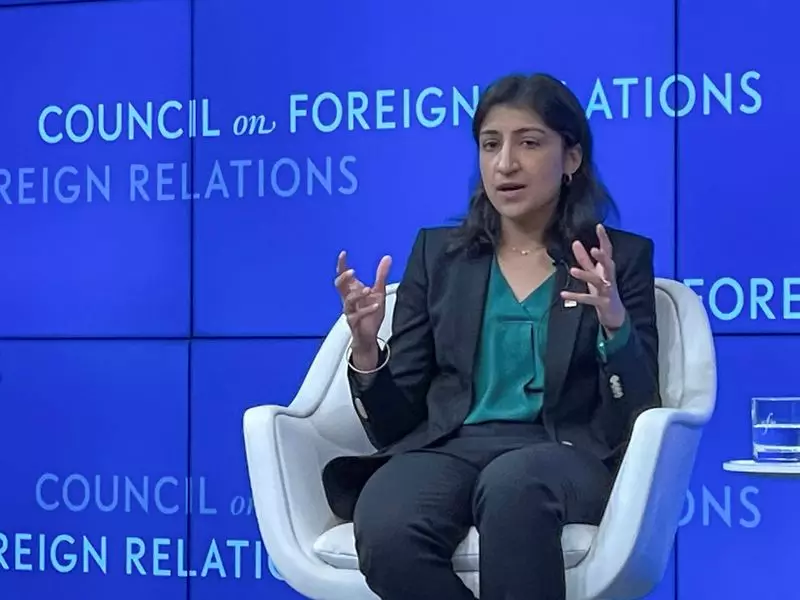The landscape of corporate mergers and acquisitions (M&A) is undergoing significant transformation as regulators like U.S. Federal Trade Commission (FTC) Chair Lina Khan assert their authority. Recently, Khan highlighted a noteworthy trend: businesses are increasingly considering antitrust implications during the early stages of deal negotiations. This shift represents a fundamental change in mindset, moving from a previously casual attitude to a more cautious approach. Khan’s remarks during her speech at the Council on Foreign Relations signal a growing recognition of the importance of legal compliance in M&A activities.
As companies face enhanced scrutiny over their mergers, Khan argues that this increased vigilance can act as a deterrent against illegal consolidations. By compelling businesses to evaluate the legality and potential consequences of their proposed deals, the FTC aims to foster an environment where compliance and ethical considerations take precedence over mere profit motives. In her responses to Wall Street investors’ complaints, she emphasized that this heightened focus on legality represents progress. However, this proactive approach has raised concerns among critics who assert that such vigilance could stifle market activity, leaving many potential mergers unpursued due to fears of regulatory challenges.
The resistance from the business sector, notably from investors and corporate leaders, underscores a significant tension between regulatory agencies and market participants. As Khan acknowledged, her aggressive stance on antitrust enforcement has garnered criticism, suggesting that it could potentially “dry up the merger pipeline.” The investors’ frustration stems from a fear that their financial forecasting makes little sense in an environment where the FTC might block lucrative deals. This discord highlights the delicate balance regulators must strike between deterrence of anti-competitive behavior and fostering an environment conducive to business growth and innovation.
In her remarks, Khan also alluded to the necessity for more empirical studies on the effects of antitrust enforcement on venture capital funding. This aspect is vital, as understanding how regulatory scrutiny shapes investment patterns can help clarify the broader implications of aggressive antitrust actions. By encouraging research into this area, Khan aims to support informed decision-making that could ultimately lead to more effective regulatory practices without undermining investment opportunities.
Lina Khan’s initiatives symbolize a significant evolution in the realm of antitrust enforcement, emphasizing the importance of legal compliance in corporate deal-making. As businesses navigate this new landscape, the observed transformation indicates a potential rise in corporate responsibility and a shift towards a more ethical approach to mergers and acquisitions. Although challenges persist, including pushback from the investment community and concerns about the vigor of the merger market, the ongoing dialogue emphasizes a critical opportunity for balanced regulation that encourages both competition and innovation. In this new era, companies may need to adapt or risk being left behind in a constantly evolving regulatory environment.

